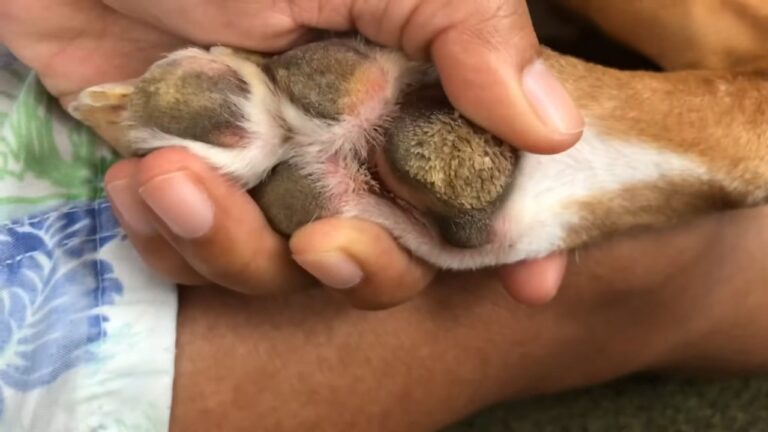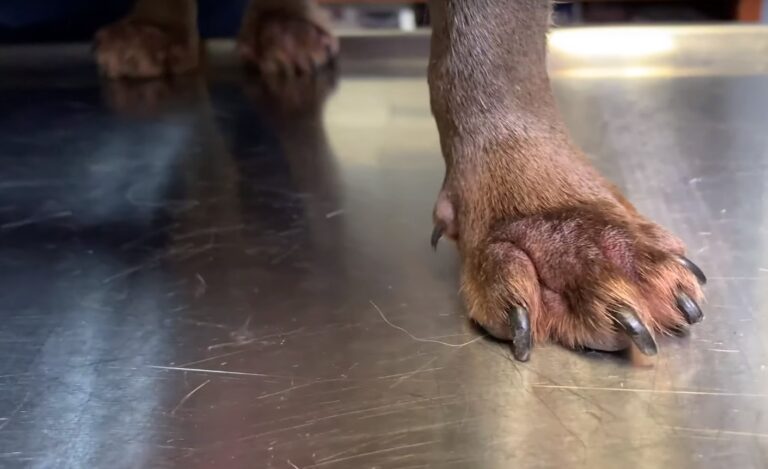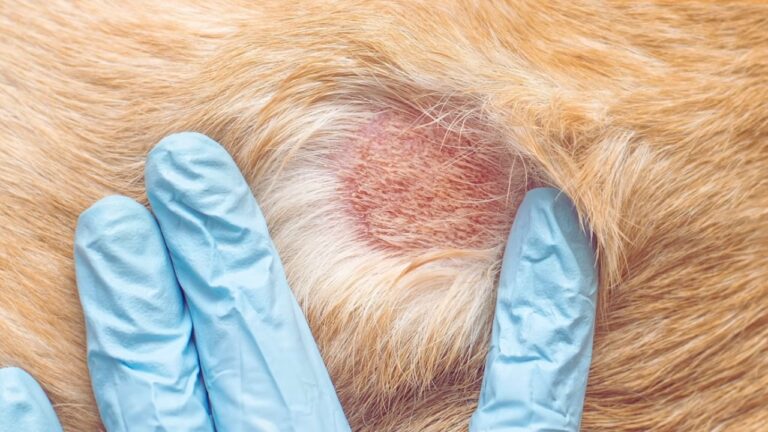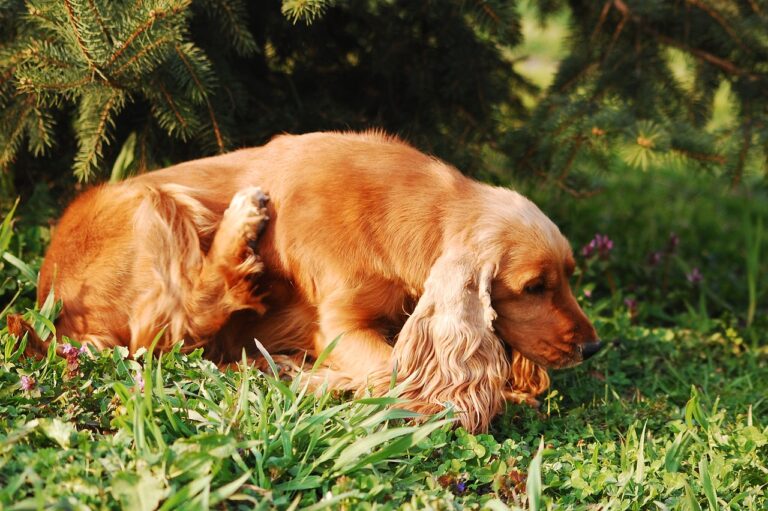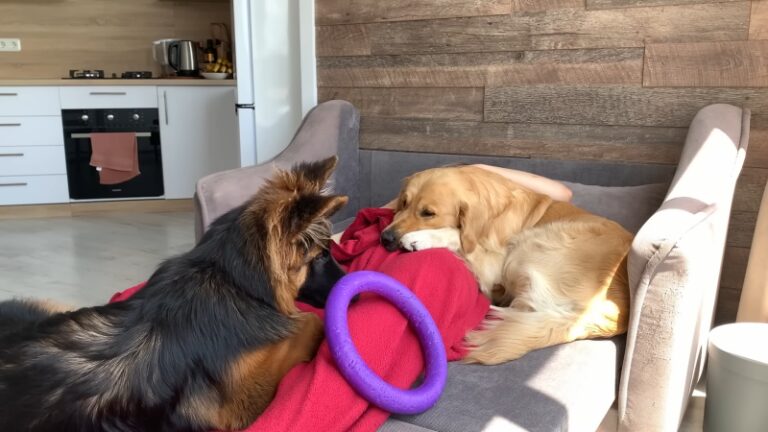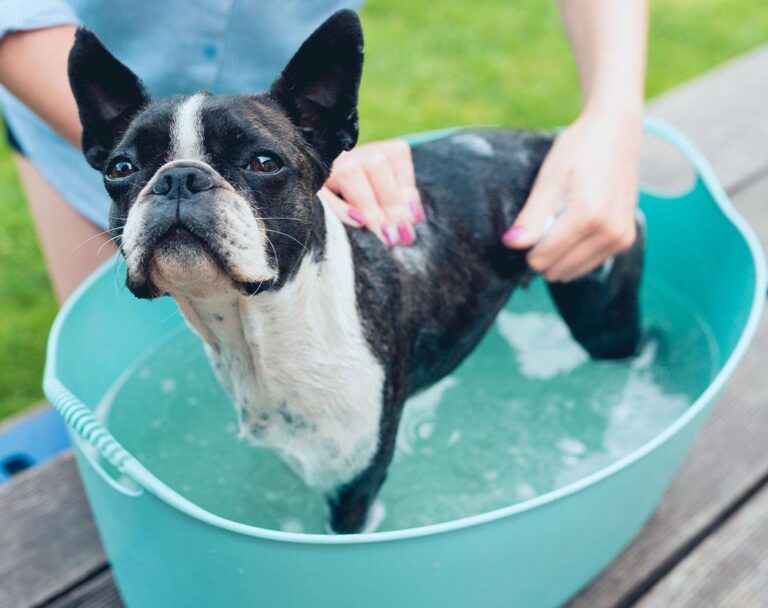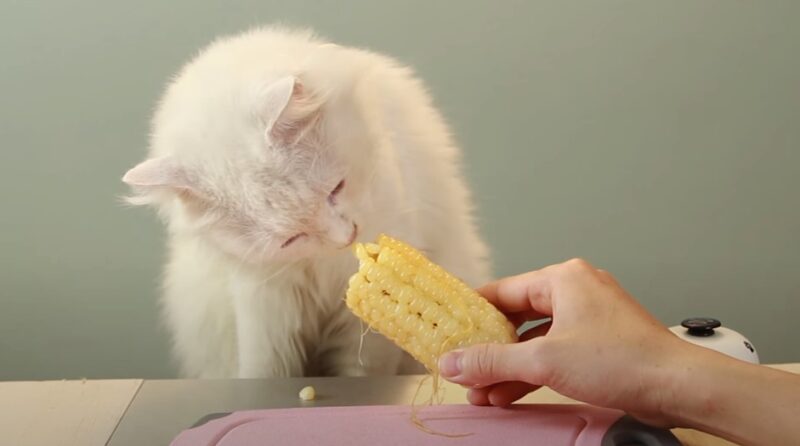When choosing cuisine for ourselves, corn is often just a regular part of the menu. But for our feline friends, not so much. See, kitties are natural carnivores – their bodies are engineered to get what they need from meat above all else.
While they can technically digest plant matter, it just doesn’t pack the same powerful proteins and nutrients meat provides. Corn especially lacks in that department. Think of it – all carbs and filler, very little sustenance. So when manufacturers stuff it in cat chow, it’s like feeding them empty calories.
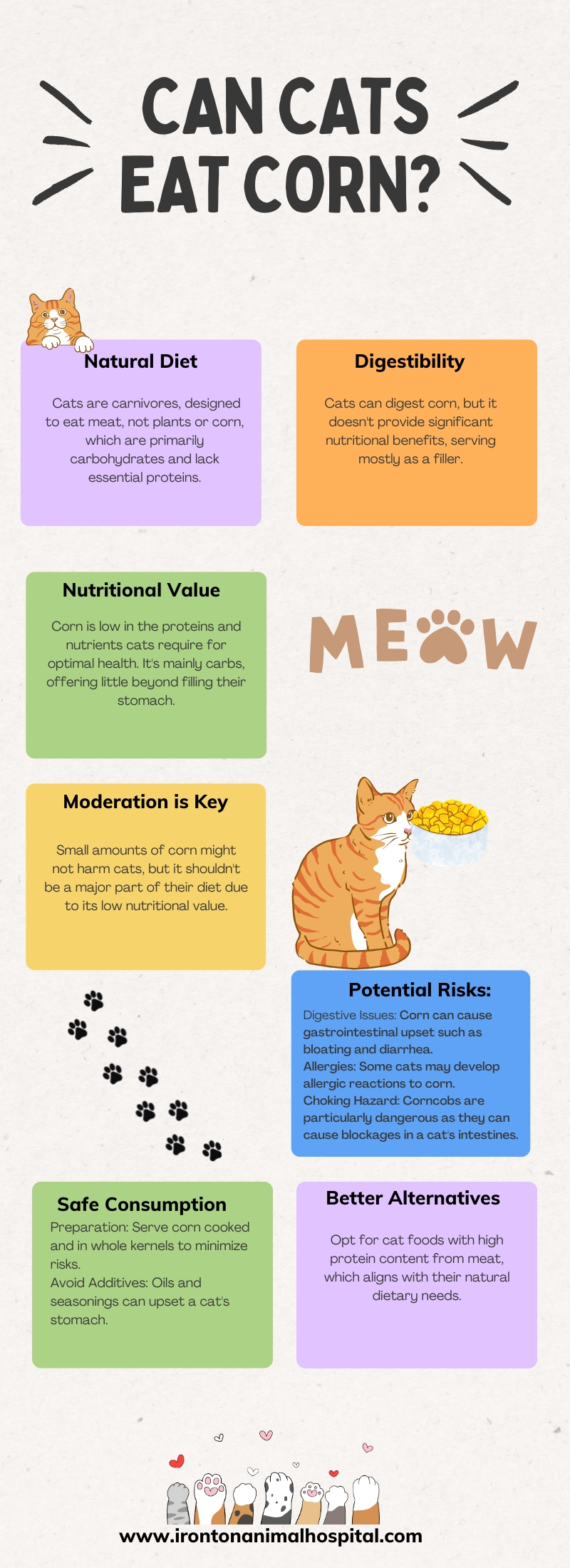
Can Cats Digest It?
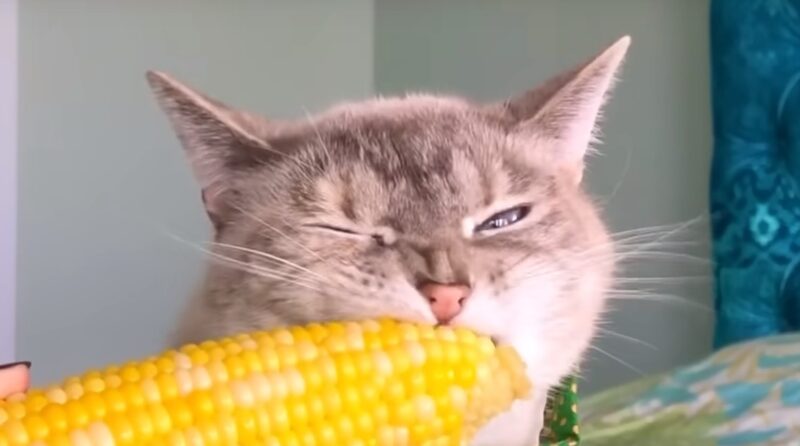
Now I won’t say corn is entirely off limits for our feline pals. Technically they can break it down through digestion same as us. But let’s be real – what exactly does that veggie give beyond filler compared to truly nourishing eats?
We know kitties are natural born hunters through and through. Their tiny tummies are purpose-built by mother nature for meaty meals that satisfy on a deep cellular level. Plants just can’t compete nutritionally no matter how hard manufacturers try blending them in.
It all comes down to what their ancestry has always awarded – mighty proteins and rich nutrients solely sourced from prey.
Is It Good for Cats?
I won’t dismiss corn totally for our feline friends – at small doses, their bodies can likely process it fine without major issues. However, it’s not really a superfood when you examine what cats truly need to thrive.
Sure it fills the belly, but carbs are about the extent of the contribution. Protein on the other hand, is absolutely integral for their perfect health. And corn just doesn’t pack the robust nutritional punch in that department like more meat-based fare.
How Much of It Can Cats Eat?
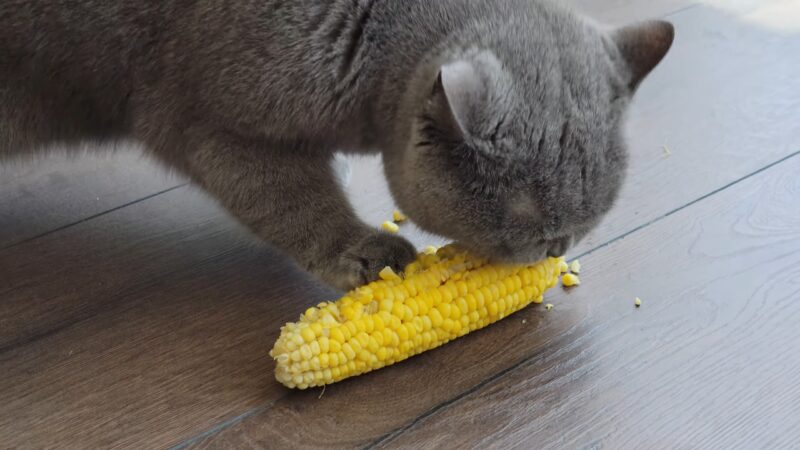
Corn in little bites likely won’t cause a fuss. But feeding it like it’s kitty’s main meal? Now that’s asking for tummy trouble down the line.
If Fluffy simply must sample this crunchy people snack, start slow. And of course keep an eye out for any signs of distress. Introducing new things also means monitoring closely so we can tweak as needed. Their bellies aren’t used to corn like ours after all!
Some corn forms are safer calls than others too. Those fat corncobs shape isn’t great for little kitty jaws or digestion. And cooking with loads of extra fat or seasonings like garlic we know is a no-go. While most kernels are alright, those extras could equal one upset furball.
Can Cats Get Sick?
Now while corn probably won’t poison puss, it’s still smart to be aware of possible perils. Digestion-wise, it could cause our furry pals some uncomfortable gassiness, bloating, or runs depending on the kitty.
Allergies too – just like us, rare reactions may flare up in some sensitive souls. Watch out for itchy skin, hives, or puffy faces as signs. Yikes!
And probably the scariest risk? Those thick corncobs could potentially get stuck like logs in little feline pipes. A serious blockage means emergency vet stat.
Additional Information
When choosing how to serve up this crunchy snack, it’s best to keep things as natural as possible for kitty’s gut’s sake. Whole kernels in their regular shape are easier to process than super fine grains.
Whatever form you opt for, pre-cook it just until soft – this makes it less risky to choke on and much simpler to mash up. And remember, corncobs are for human enjoyment only – pretty but potentially perilous for petite feline mouths.
Definitely don’t mess with coatings either, like drowned in oils or doused in daring seasonings. Those additives could lead to some seriously upset tummies, or worse.
Closing Thoughts
In small doses now and then, corn likely won’t spell disaster for our feline buddies. But as a staple? No way – it just lacks the robust nutrition their carnivore constitutions require.
When shopping for kitty grub, meaty mains always take top priority. Their ancestry, after all, dictates dietary needs best met by protein-packed prey.
Related Posts:
- At Home Care for a Dog Eye Stye: When Your Dog Winks
- 10 High Maintenance Needs of the French Bulldog -…
- What Causes Red Paws on Dogs and How to Treat It?
- Can Dogs Have Ham Bones? - What You Need to Know for…
- 8 Claims of Diatomaceous Earth for Dogs That You…
- How to House Train an Adult Dog: Step-by-Step Guide 2024

